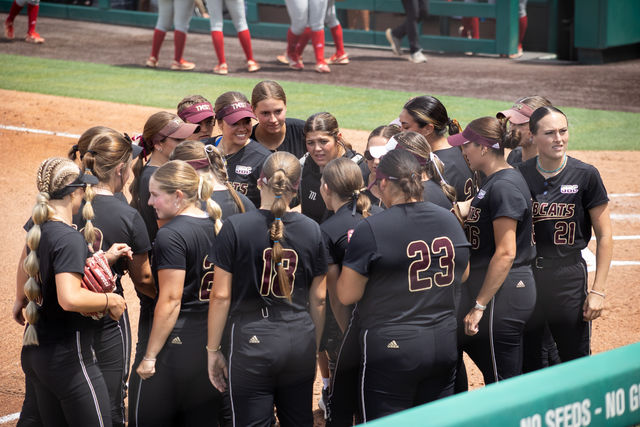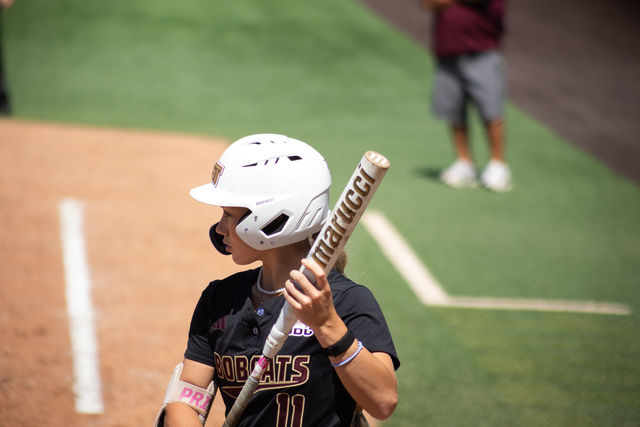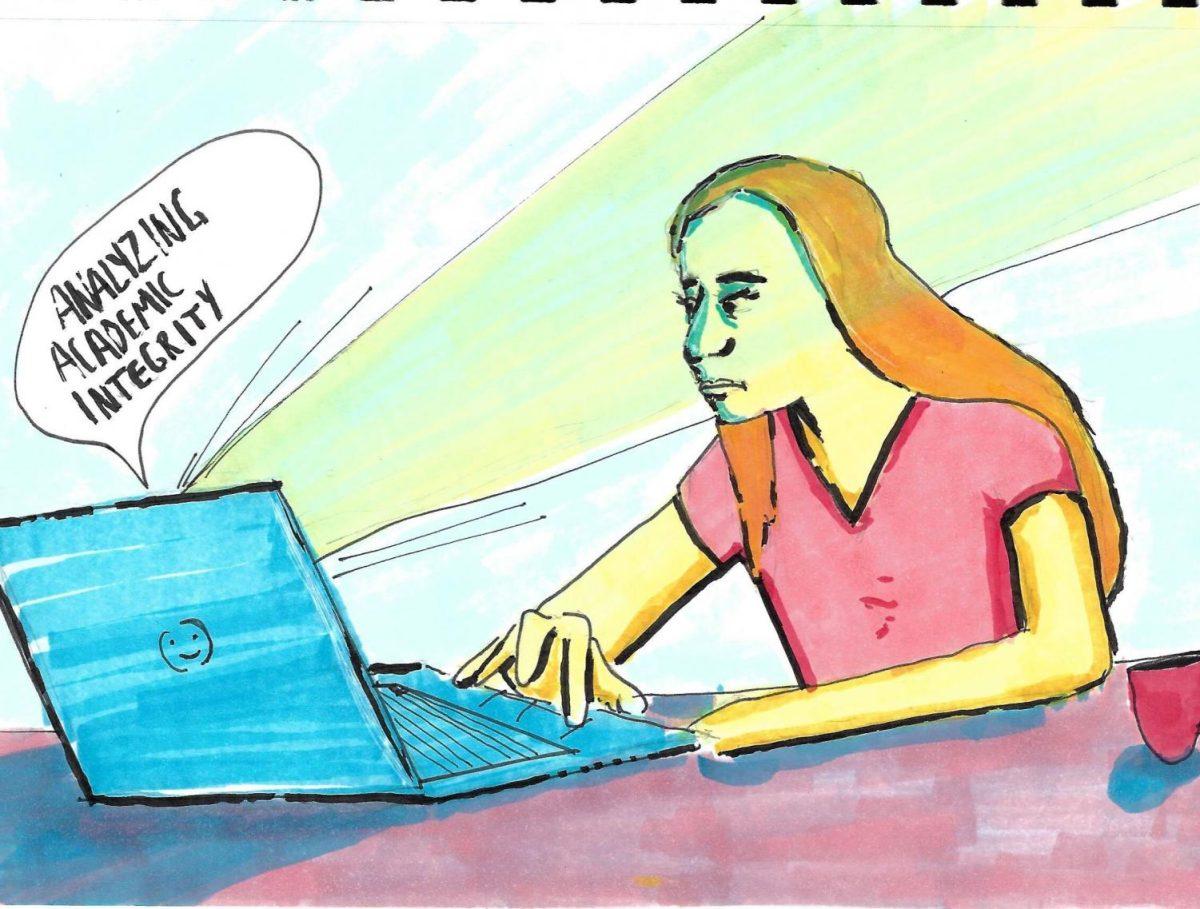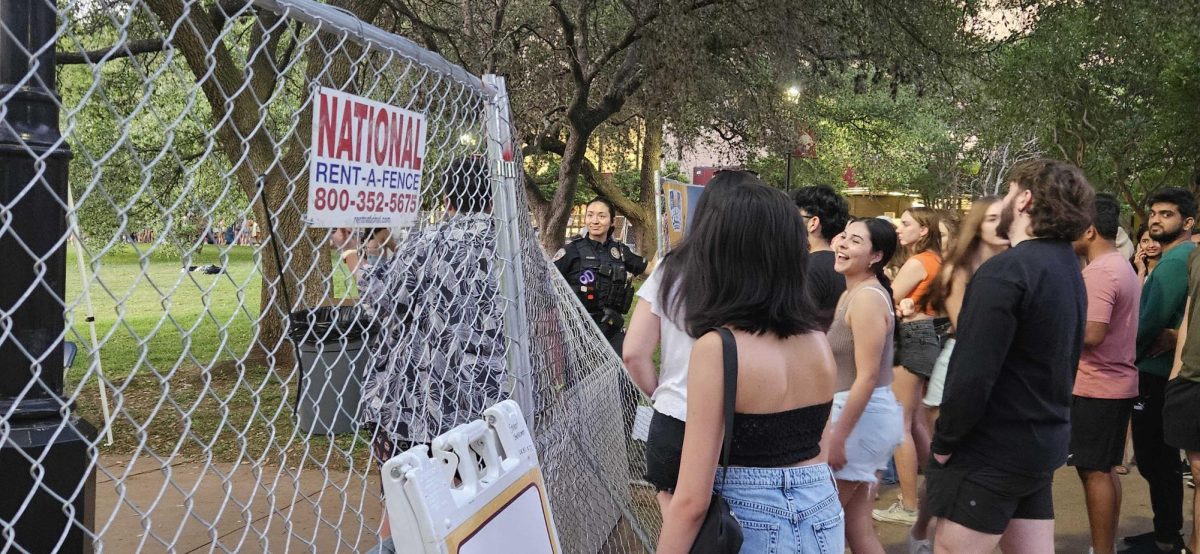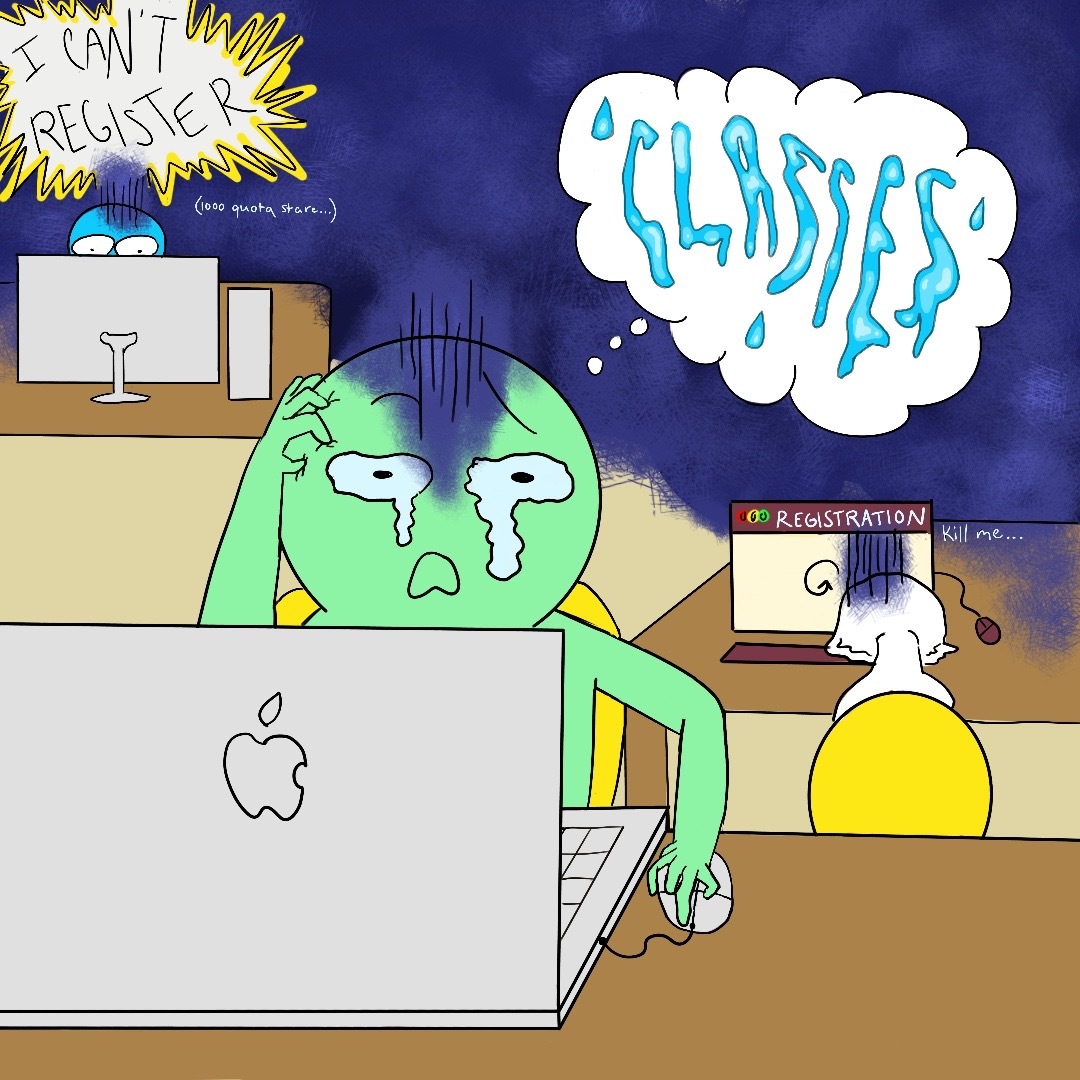Conversations about academic dishonesty are common in the age of online learning; however, the current methods implemented to prevent cheating are ignoring why students cheat in the first place.
Instructors’ method of teaching has more impact on students’ actions in a course than teachers may realize. As Texas State faculty prepare to teach online in summer I, they should be focusing not on how to monitor student webcams throughout exams, but rather how to change their course content to help students never think about cheating in the first place.
Some faculty worry that, as exams are administered online in hundreds of students’ homes, far from the classroom, students will cheat. Students are sometimes assumed to have books, notes, other webpages, phone calls with their peers—any number of cheating tools—at hand during these high-stakes assignments.
One way faculty monitors students is by using software from various companies to use students’ webcams throughout the assignment. Naturally, this can make students uneasy.
Already, using webcams for class and work can be uncomfortable. People working from home report seeing their coworkers and classmates undressed or going to the bathroom or complain about family members creating awkward background noise. Pets can walk in front of the camera or over the keyboard, bark at a noise outside and generally wreak havoc in the background.
But during an exam, students worry that eye-tracking software will ding them while looking up at a parent entering the room unannounced, while they are looking at their notes or that siblings arguing in the background could be caught by the software.
Using webcam proctoring effectively is assuming that students are able to isolate themselves in silence with nothing else in the room—something that simply is not possible for a large number of students. So why are so many faculty insisting on using webcam proctoring and other similar services?
Anywhere from 66-82% of undergraduates admit to cheating throughout their college education, depending on the study. Naturally, faculty might not trust their students—many teachers have stories of bizarre ways desperate students have cheated on assignments, from hiding answer sheets in the bathroom to making notes on calculators.
But faculty often react to these experiences by further restricting their students. They use software to monitor students while in the classroom, collect mobile phones and demand students wear short-sleeved shirts and no hats.
Although these methods seem effective, there is a better way to combat academic dishonesty in the age of online learning.
Students’ motivations in a classroom can be sorted into intrinsic motivations, such as interest or desire to become well-versed in the course material, and extrinsic motivations, like getting good grades. Those motivations play a role in whether or not students decide to cheat.
Students with primarily intrinsic motivations are less likely to consider cheating compared to students who are simply chasing a good grade that might not care about how they achieve their goals.
While faculty have no control over their students’ motivations, they do have control over how their courses and assignments are designed. Faculty have a certain amount of leeway in how they teach and the decisions they make, from the textbooks they use to the number of questions on an exam. This matters when it comes to how students experience the course material.
Designing coursework around what students find interesting about the material—say, relating a biology course for non-biology majors primarily to socioscientific issues that affect all students’ lives—helps students maintain interest and a desire to learn the information.
Making each exam count for less of students’ total course grades can also make a difference. When grades are more evenly weighted across assignments, including participation in the class, students may feel like exams are less worth cheating on.
Similarly, including more formative assessments, which allow teachers to check in on students’ progress in understanding the material and are considered to be low-stakes assignments, can help prevent students from feeling left behind.
Now that faculty have more time to translate their course content for the distance learning landscape, they must dedicate as much thought to prevent cheating as they do to stopping it when it happens.
-Toni Mac Crossan is a biology graduate student





